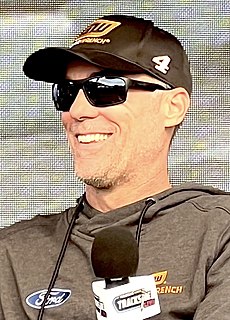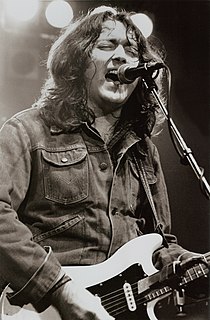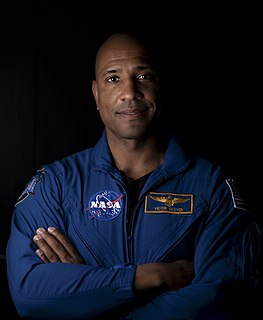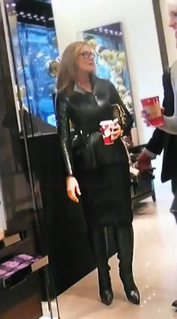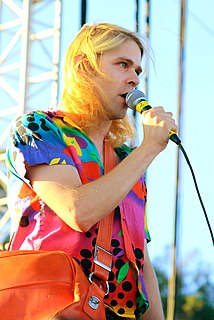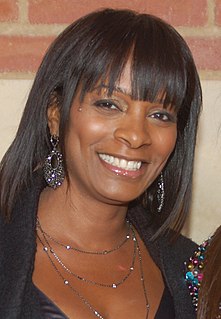A Quote by Gin Wigmore
That's the great thing about songwriting: You have that time to have perspective and look back and think about all the things you'd want to say.
Quote Topics
Related Quotes
I think when you have kids, it definitely makes you look at things from a different perspective, but I think that the biggest thing it's done is it's made me look at things from a different perspective from a professional standpoint in how you analyze things and how you look at things and how you react to things.
Naturally, in 10 years, you change as a person and you learn a lot from your mistakes. You also learn a lot about wasting time and the right way to handle things. We're not touring as much. We're not doing eight or nine months of the year, so I've got a bit more time to get a perspective on what I do. I think I've improved my songwriting. I'm every bit as enthusiastic about playing as ever and I'm still learning.
I think success is about purpose. People ask about success at different points in your life. As I look back, I think people that are successful feel good about what they are doing, and they can look back at what they've done and they feel good about it. People sometimes ask about success and they say, "What's your legacy?" and I say, "I think it's really a dumb question." I think the question is: What am I doing now? Do I feel good about myself? Am I proud of myself? Whatever purpose there is in life, I think success is about purpose. It's not about material things.
As soon as you start to think of that thing that you want to convey or say, you can always just say it much better than you can actually rhyme it or stuff it into a song. It's very, very difficult to just kind of get your point across without going the back way. And you have to be good at that, to not think about things so hard. Let the pen take over, so that it's somebody else's job to dissect the lyrics and tell you what you're all about.
One thing I've learned in my career is that you don't have to answer people right away. I've learned how to say, "Can I get back to you about that?" Now I've given myself time to really assess what you asked me to do or what the situation is, think about it, then come up with a plan. Then by doing that, when I come back to you, it's not what I say it's how I say it.
One of the things that's funniest about the entertainment industry and comedy is that people go 'Oh, you're great, but I don't know what to do with you.' The great thing about the Internet is that nobody has to figure out what to do with you. You can figure out what to do with you, and you can say, 'I made this thing, and I'm going to put it out, and now if people want to come see me and buy things from me they can.'
The great thing about Twitter is, you get a lot back, and I read through a lot, and I want my fans to know that I do read a lot, and it's why I do respond or retweet clever posts, and I'm constantly amazed by the cleverness of people on Twitter. I just think it's a really great tool to communicate with fans and influence conversations and raise awareness about things I'm interested in, that I think deserve some attention.
You have to learn to say no not just to things you don't want to do, you have to say no to things that you want to do, things that are good to do. You have to realize that every time you say yes to one thing you've got to take something else off the plate. Critically, I think you have to realize that it's easier to say no than to say maybe.



